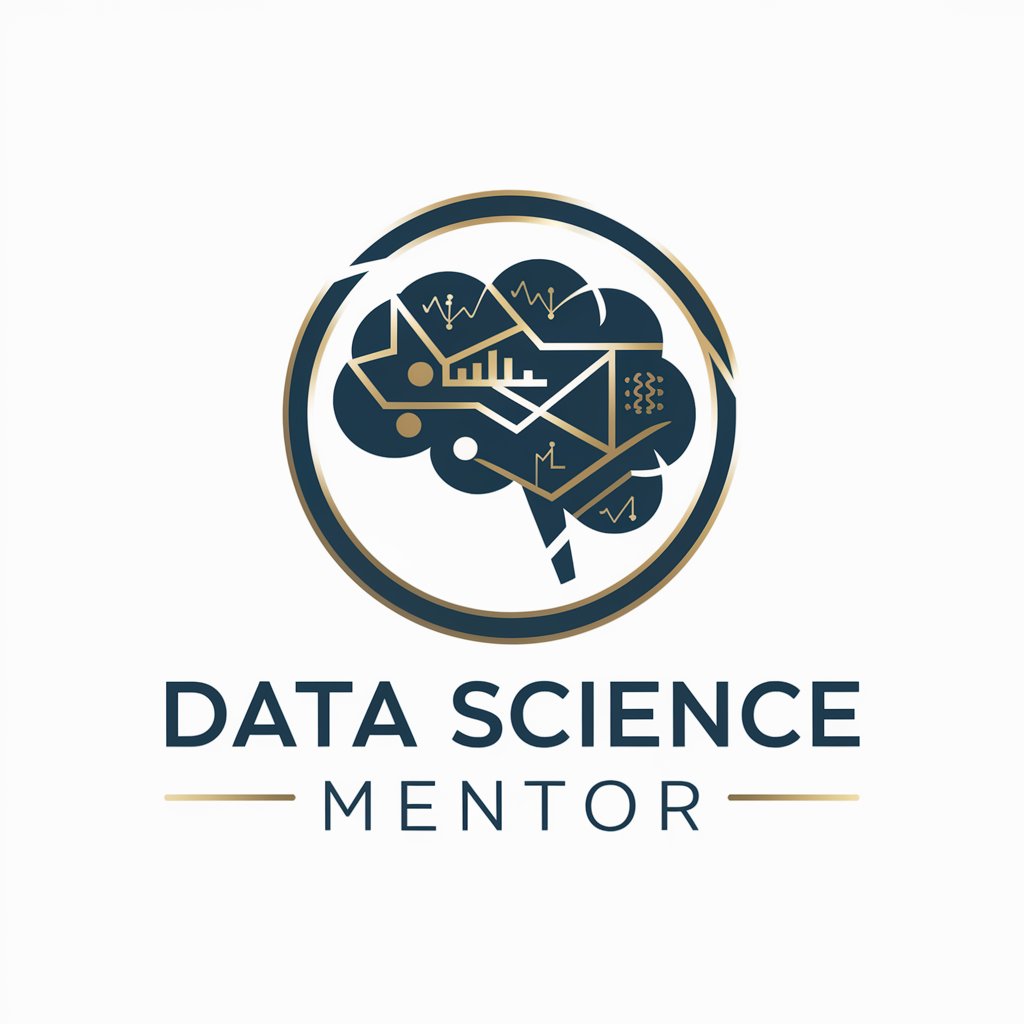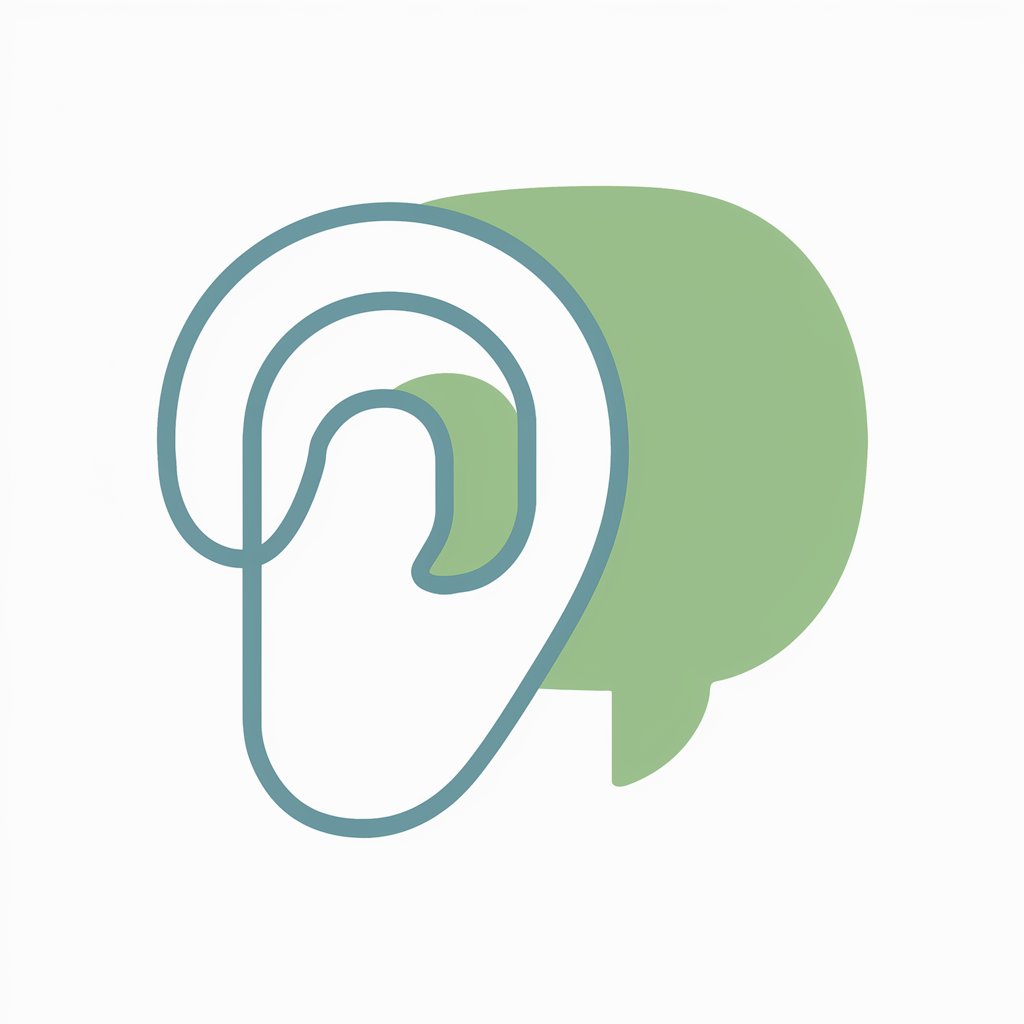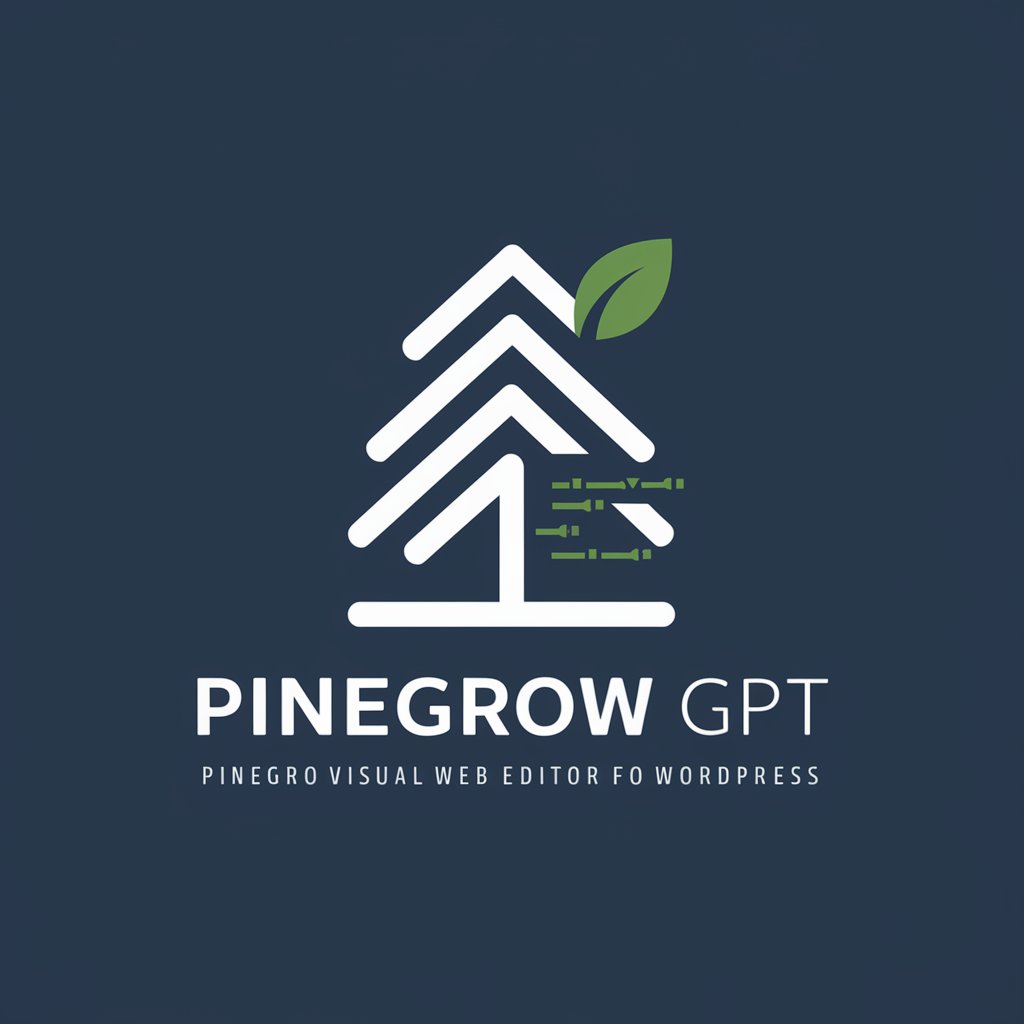Audience Marketing - Audience Insight Discovery

Welcome! Let's dive into your audience analysis.
Tailoring Messages with AI Insight
Analyze the target audience for a new eco-friendly product...
Identify the pain points and motivations of customers looking for luxury travel experiences...
Develop a comprehensive marketing strategy for a tech startup aiming to disrupt the fintech industry...
Create a detailed user story for a target audience interested in fitness and wellness apps...
Get Embed Code
Introduction to Audience Marketing
Audience Marketing focuses on identifying and analyzing the specific groups of people most likely to be interested in a product or service, aiming to tailor marketing strategies that resonate on a personal level. It delves into understanding the audience's needs, desires, pain points, behaviors, and preferences to create highly targeted marketing campaigns. For example, a company launching a new fitness app would use audience marketing to determine whether their primary audience consists of fitness enthusiasts, people seeking to lose weight, or individuals looking for home workout solutions. By understanding these segments, the company can create tailored messages that speak directly to each group's motivations and concerns, such as highlighting the app's features for tracking progress for those focused on weight loss, or showcasing the variety of home workouts for those interested in exercising at home. Powered by ChatGPT-4o。

Main Functions of Audience Marketing
Audience Segmentation
Example
Dividing a market into distinct groups with similar needs or characteristics
Scenario
A retail clothing brand segments its audience by age, gender, and fashion preferences to create targeted promotions for each group, such as trendy streetwear for teenagers and more classic styles for adults.
Pain Point Identification
Example
Understanding and addressing the specific problems or needs of an audience
Scenario
A software company identifies that small businesses struggle with managing finances efficiently. They market their accounting software by emphasizing ease of use and affordability, directly addressing these pain points.
Tailored Content Creation
Example
Developing marketing materials that cater to the interests and needs of specific audience segments
Scenario
A health food company creates different content strategies for those interested in weight loss versus those seeking to build muscle, with each set of content tailored to the specific dietary needs and preferences of each group.
Behavioral Analysis
Example
Studying how the target audience interacts with brands or products to optimize marketing strategies
Scenario
An online retailer analyzes customer purchase histories and browsing behaviors to personalize email marketing campaigns, suggesting products that individual customers are more likely to purchase.
Ideal Users of Audience Marketing Services
Marketing Professionals
Individuals or teams responsible for planning and implementing marketing strategies. They benefit from audience marketing by gaining insights that help tailor their campaigns to the specific needs and preferences of their target audience, increasing engagement and conversion rates.
Business Owners
Owners of small to medium-sized enterprises (SMEs) seeking to establish a strong market presence. Audience marketing enables them to understand their niche market deeply, creating more effective and efficient marketing strategies that resonate with their core customers.
Product Managers
Professionals in charge of guiding the success of a product and leading the cross-functional team responsible for improving it. They use audience marketing to ensure product development and marketing efforts are closely aligned with the needs and desires of the target market, thereby enhancing product-market fit.
Content Creators
Writers, videographers, and other creatives producing content intended to attract and engage a specific audience. Through audience marketing, they can craft content that speaks directly to the interests and concerns of their audience, driving higher engagement rates.

How to Utilize Audience Marketing
1
Begin by accessing a free trial at yeschat.ai, which requires no login or subscription to ChatGPT Plus.
2
Identify your product/service and clearly define its features, benefits, and potential challenges it solves for customers.
3
Conduct market research to gather data on your potential audience, including demographics, psychographics, and online behavior.
4
Use the insights from your research to segment your audience into groups with similar needs and characteristics.
5
Create personalized marketing messages and campaigns tailored to each audience segment, and monitor the performance to refine your approach.
Try other advanced and practical GPTs
Pseudocode Translator
Simplifying Code Design with AI

BIG 'SOUNDMAN' STEVE
Empowering your sound with AI expertise

Data Science Mentor
Empowering Data Science Education with AI

EV Charging Advisor
Powering Your EV Journey with AI

Solopreneur GPT
Empowering solo entrepreneurs with AI-driven insights.

Listener
Empathetic AI for Emotional Sharing

Ads Copy Wizard
Craft Winning Ads with AI

Adventures in Wonderland: Alice’s Extended Edition
Dive into Wonderland with AI-powered storytelling

Pinegrow
Design better web pages, faster.

HealthyChef - Meal Planner and Creator
Nourish Smartly with AI-Powered Meal Planning

Study Guide Exam Board - With A Test! :-)
Tailored Learning with AI-Powered Exams

You're Not Alone, Need an Listening Ear?
Empowering conversations with AI empathy

Frequently Asked Questions about Audience Marketing
What is Audience Marketing?
Audience Marketing focuses on identifying and engaging specific groups of people most likely to benefit from a product or service, based on their behaviors, demographics, and preferences.
How does Audience Marketing improve campaign effectiveness?
By targeting marketing efforts towards specific audience segments, businesses can create more relevant and engaging content, leading to higher conversion rates and more efficient use of marketing resources.
Can Audience Marketing be used for all types of products?
Yes, Audience Marketing can be applied to virtually any product or service, as it revolves around understanding and meeting the needs of potential customers.
What are some tools used in Audience Marketing?
Tools commonly used include customer relationship management (CRM) systems, analytics platforms, and social media listening tools to gather insights on audience behavior and preferences.
How do I measure the success of an Audience Marketing strategy?
Success can be measured by tracking metrics such as engagement rates, conversion rates, customer acquisition costs, and overall return on investment (ROI) from marketing campaigns.
